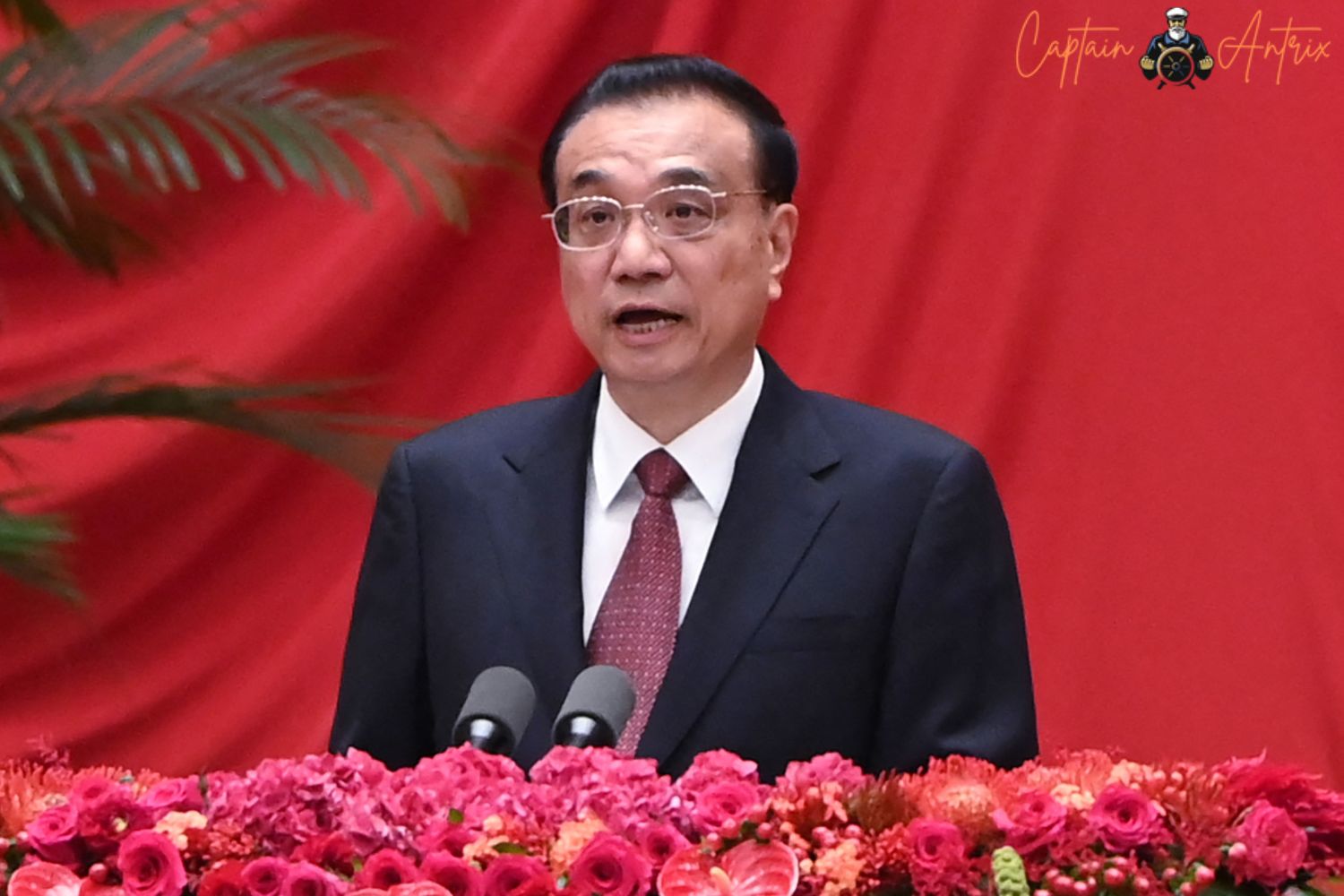
China's former Premier, Li Keqiang, who served as the country's top economic official for a decade, has recently passed away due to a heart attack. In this article, we commemorate Li Keqiang, examining his significant role, contributions, and the circumstances surrounding his passing.
1. Honoring Li Keqiang's Legacy
The news of Li Keqiang's passing was reported by China Central Television, with the heart attack occurring on a Thursday, and his passing taking place at 12:10 a.m. on the following Friday. At the age of 68, the former official had been resting in Shanghai before his untimely death.
Li Keqiang played a prominent role in Chinese politics, serving as China's No. 2 leader from 2013 to 2023. He was known for advocating for private business and making significant contributions to the country's economic landscape. However, his authority gradually diminished as President Xi Jinping consolidated power and exerted control over the nation's economy and society.
2. The Journey of Li Keqiang in Chinese Politics
An accomplished economist, Li Keqiang received his education at the elite Peking University, where he honed his skills and knowledge. He was once considered a potential successor to then-Communist Party leader Hu Jintao in 2013 but was ultimately passed over in favor of Xi Jinping. Initially, he supported a more liberal market economy, but he had to adapt to Xi's preference for increased state control.

3. Li Keqiang's Vision for Job Creation and Wealth Generation
Throughout his tenure, Li had a vision to improve conditions for entrepreneurs with the goal of generating jobs and fostering wealth. However, Xi Jinping's administration increased the dominance of state industries and tightened control over various sectors, including technology.
In the meantime, foreign companies felt uneasy as Xi and other leaders advocated for economic self-reliance, expanded anti-spying regulations, and initiated investigations into consulting firms.
4. A Pivotal Moment: Li's Removal from the Standing Committee
In a significant turn of events, Li Keqiang was removed from the Standing Committee during a party congress in October 2022, despite being two years below the informal retirement age of 70. On the same day, Xi Jinping awarded himself a third five-year term as party leader, breaking with the tradition of his predecessors stepping down after a decade in power. This move allowed Xi to populate the top party ranks with loyalists, signaling a shift away from consensus leadership and potentially positioning him as a long-term leader.
The No. 2 slot was filled by Li Qiang, the party secretary for Shanghai, although he lacked Li Keqiang's national-level experience and declared that his role was to execute Xi's decisions.
In conclusion, the passing of Li Keqiang marks the end of an era in Chinese politics. His career and the shifting dynamics of leadership in China reflect the intricate evolution of the nation's political landscape.
Tags:
Global News
